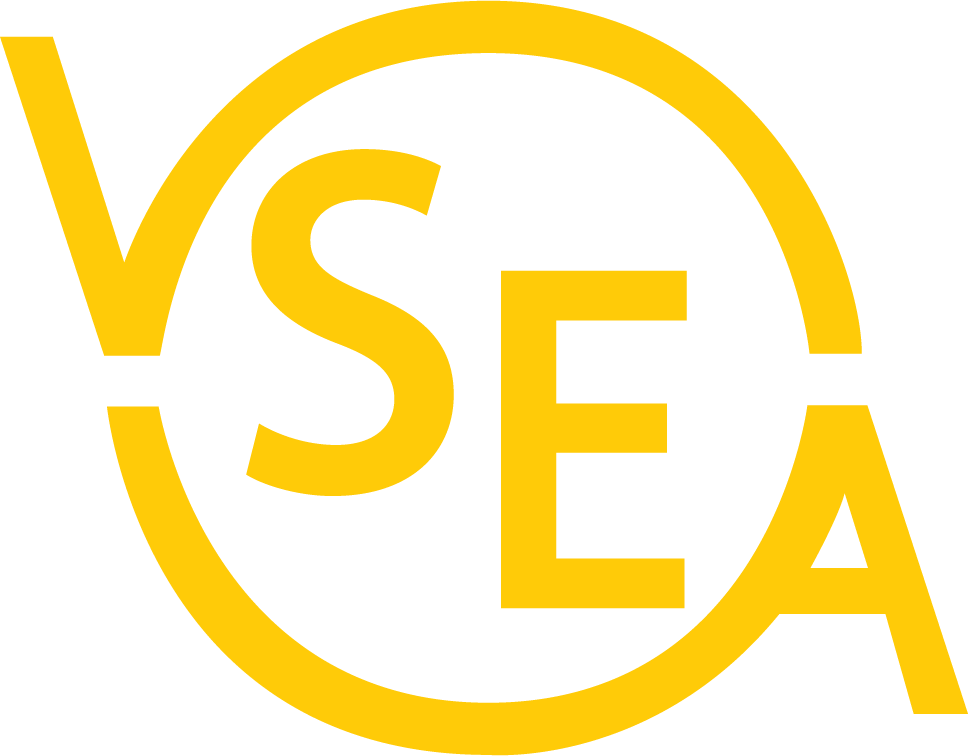New Survey Finds 4 Out Of 5 Vermonters Support Tax Increase On Wealthiest Vermonters
“Basically what Vermonters want is fairness — it’s as simple as that,” [Sen. Anthony] Pollina said. “This poll tells me they understand when they’re being ripped off, and that state and federal tax policies aren’t fair.”
Survey says … ‘Tax the rich’
Poll indicates majority support for tax increase on the wealthiest Vermonters
By Peter Hirschfeld
Vermont Press Bureau – Published: March 11, 2011
MONTPELIER — Vermonters overwhelmingly support raising taxes on wealthy residents as a way of reducing the approximately $170 million shortfall in next year’s general fund, according to the results of a poll that will be released next week.
The $20,000 poll, commissioned by the Vermont Campaign for Health Care Security and conducted by the Center for Rural Studies at the University of Vermont, found that nearly four out of five residents support tax increases on the rich.
“It seems like Vermonters overwhelmingly support raising income taxes on the wealthiest among us in order to support programs that help Vermonters who are struggling to get by,” said Peter Sterling, executive director of the Vermont Campaign for Health Care Security.
Of the 508 respondents surveyed in the telephone poll, 56.9 percent said they “strongly support” “raising income taxes for households earning $250,000 or more per year.” Another 21.5 percent said they “somewhat support” the proposal. Slightly more than 11 percent said they “strongly oppose” it; 7.1 percent “somewhat oppose” it; and 3 percent “don’t know.”
The poll’s release will come as lawmakers consider changes to a budget proposal from Gov. Peter Shumlin that includes nearly $44 million in cuts to human-service programs. Though Shumlin’s budget already relies on more than $30 million in new taxes on hospitals, doctors and other medical providers to help mitigate the general-fund gap, a growing chorus of legislators has said the Democratic governor’s revenue-generating plan does not go far enough.
“It certainly confirms what a lot of us have believed for some time, which is that Vermonters see this as the best way to raise revenue and avoid cuts that are going to be really hurtful to people,” said Sen. Anthony Pollina, a Washington County Democrat.
Pollina said Congress’ decision to extend Bush-era tax cuts for the wealthy runs counter to the Vermont ethic.
“Basically what Vermonters want is fairness — it’s as simple as that,” Pollina said. “This poll tells me they understand when they’re being ripped off, and that state and federal tax policies aren’t fair.”
A bill circulating in the Vermont House of Representatives seeks to assess surcharges on the incomes of single people making more than $171,000 and couples with a combined income of greater than $209,000.
According to an estimate by the Legislature’s Joint Fiscal Office, the proposal would raise roughly $17 million per year and affect about 5,000 residents. The average increase would be about $590 per person, though people with a taxable income of more than $1 million would pay an additional $9,400 per year.
“The Robin Hood story was told centuries ago,” said Rep. Chris Pearson, a Burlington Progressive and lead sponsor of the income-tax bill. “There is a basic fairness that’s part of the fabric in Vermont and to me that’s what bill is about and that’s what the poll results confirm.”
Shumlin has rejected calls for tax increases that target the wealthy. While he supports action to discontinue Bush tax credits at the federal level, he has said Vermont risks an exodus of high earners if the state acts alone.
Pollina said the data doesn’t support that claim. According to statistics compiled by the Blue Ribbon Tax Structure Commission, a three-person panel appointed to study Vermont’s tax codes, residents moving into the state over the past 20 years have an average annual income of nearly 20 percent higher than those who have left it.
“When people run out of good reasons to reject something, they reach into their pockets and come out with some way to scare people,” Pollina said.
Senate President John Campbell, who has thus far voiced opposition to income tax proposals from people like Pollina and Pearson, said Vermont needs to reserve its capacity to raise new revenues. Federal budget cuts proposed by the Republican Congress, Campbell said, could open up gaping fiscal holes in critical human-services programs, such as heating assistance for low-income residents.
“In order to be responsible, we need to look out at the horizon and see what this is going to mean,” Campbell said. “We can’t just pull the trigger without knowing what the target is.”
Sterling said he wants to use the revenue that would be generated by the tax increases to eliminate a $6.5 million cut in Catamount Health that would see deductibles for low-income enrollees climb from $500 to $1,200 per year.
Other lawmakers would use the money to avert proposed cuts to mental-health services, elder care and tobacco-cessation programs.
Pearson said he has no illusions that his bill will be passed into law. But he said the poll results will help fuel a movement that could result in the use of new revenues to avoid what even Shumlin admits will be “painful” budget cuts.
“What I hope for is to invigorate a serious discussion about the principle of increasing income taxes for the wealthiest Vermonters, and I think that discussion is going to play well,” Pearson said. “There are a lot of people talking about it inside the building, and a lot of people talking about it and organizing outside the building.”

